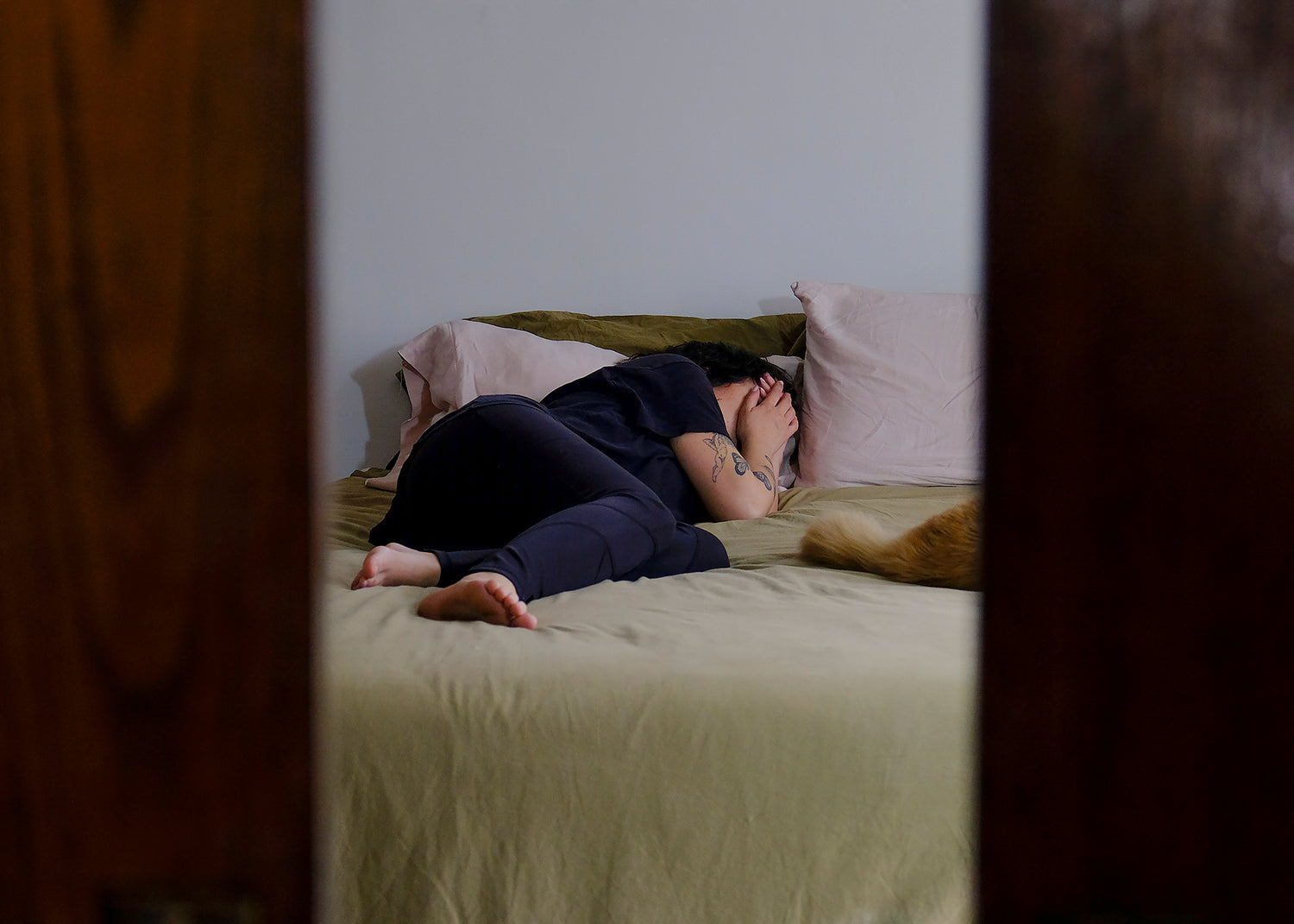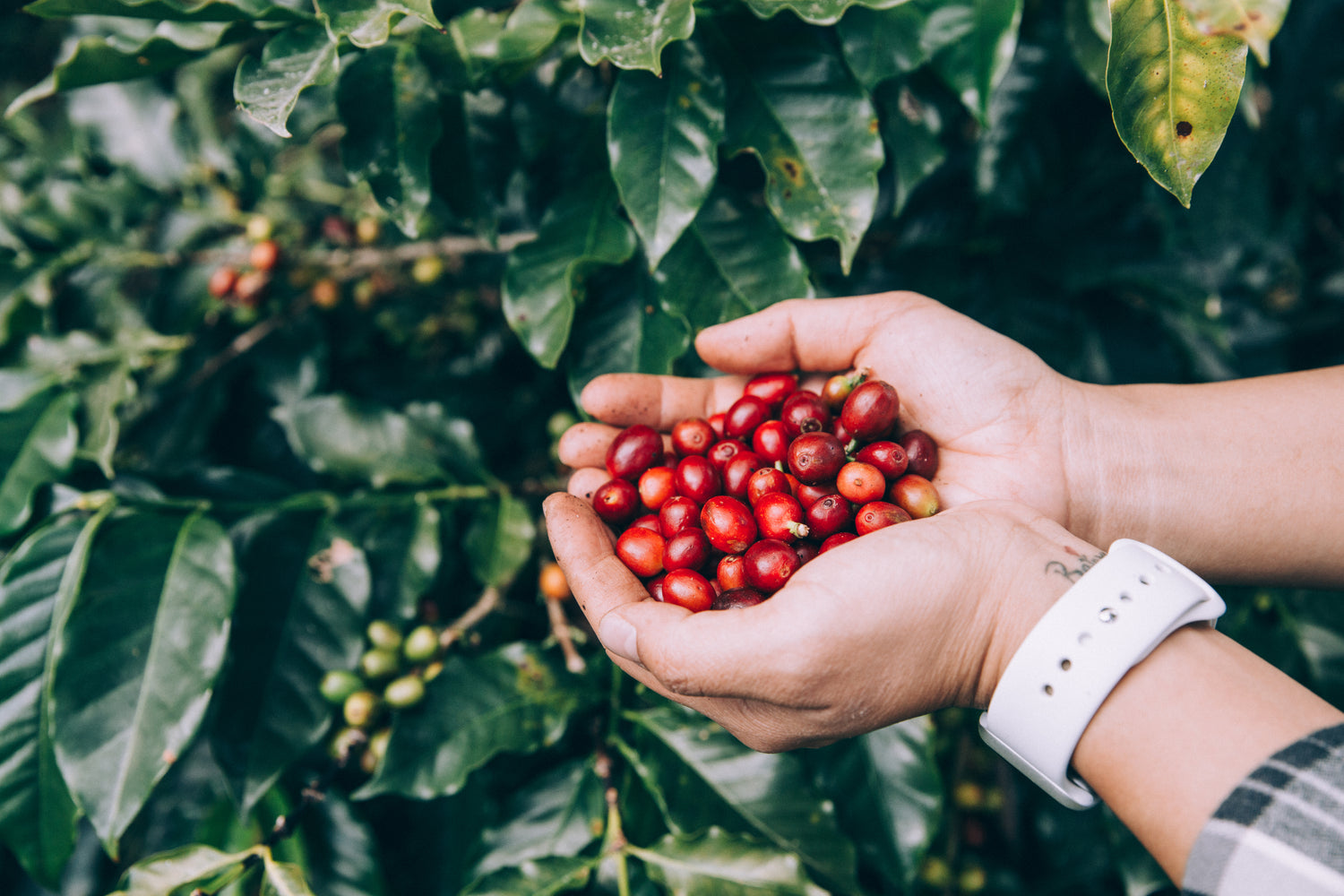Scientific Studies
Unwind and Sleep

Scientific Study
Ltheanine: Stress Reduction
Study type:
Randomised, placebo-controlled, crossover, and double-blind trial
Purpose:
To examine the effects of L-theanine on cognitive functions and stress-related symptoms, including sleep disorders, in healthy adults.
Method of evaluation:
Stress-related symptoms were assessed using self-reported questionnaires, including the Self-rating Depression Scale for depression, the State-Trait Anxiety Inventory for anxiety, and the Pittsburgh Sleep Quality Index for sleep quality and disturbances. The study also utilised several cognitive assessments to evaluate the effects of L-theanine on cognitive functions.
Dose:
200 mg/day of L-theanine or placebo
Participants:
30 men and women with an average age of 48 years
Duration:
4 weeks
Results:
Participants who took L-theanine demonstrated significant improvements in overall sleep quality, with less trouble falling asleep, fewer disturbances, and less need for sleep medication compared to the placebo. Additionally, cognitive skills improved, and stress-related symptoms like depression and anxiety decreased. Overall, the study suggests that L-theanine may enhance both sleep and mental performance more effectively than the placebo.
Year:
2019
Link:

Scientific Study
Ltheanine: Sleep
Study type:
Open, randomised, crossover intervention trial
Purpose:
To investigate the effects of known sleep-support supplements, including L-theanine, on life habits, sleep conditions, and sleep problems.
Method of evaluation:
Sleep quality was assessed using a self-reported questionnaire called the Pittsburgh Sleep Quality Index, which measures seven areas: subjective sleep quality, sleep latency, sleep duration, sleep efficiency, sleep disturbances, use of sleep medication, and daytime dysfunction.
Dose:
Treatment 1: 200 mg/day of L-theanine
Treatment 2: 111.1 mg/day of GABA
Treatment 3: 50 mg/day of Apocynum venetum leaf extract
Treatment 4: 300 mg/day of L-serine
Treatment 5: Mindfulness video
Treatment 6: Placebo
Participants:
106 male and female participants with an average age 46 years
Duration:
7 days of intervention per group
Results:
The researchers observed that L-theanine significantly improved sleep quality, especially for individuals struggling to fall asleep, stay asleep, or feel refreshed in the morning. People with good habits, such as less screen time and regular exercise, showed significantly better results. This suggests that combining physical activity and healthy lifestyle habits with L-theanine may lead to better sleep.
Year:
2023
Link:

Scientific Study
Ltheanine: Anxiety
Study type:
Clinical trial (uncontrolled)
Purpose:
To examine the effects of L-theanine on depressive symptoms, anxiety, sleep disturbance, and cognitive impairments in patients with major depressive disorders
Method of evaluation:
Sleep quality was assessed using a self-reported questionnaire called the Pittsburgh Sleep Quality Index, which measures seven areas: subjective sleep quality, sleep latency, sleep duration, sleep efficiency, sleep disturbances, use of sleep medication, and daytime dysfunction.
Dose:
250 mg/day L theanine tablets
Participants:
20 male and female patients with an average age of 43 years
Duration:
8 weeks
Results:
The study found that L-theanine administration is associated with a significant improvement in sleep disturbance among patients with major depressive disorder. The study also noted that some patients reported increased sleep duration and slightly increased dream activity, suggesting a positive impact on sleep patterns.
Year:
2016
Link:

Scientific Study
Ltheanine: Sleep
Study Type:
Randomised, placebo-controlled, double-blind, crossover trial
Purpose:
To explore the sleep-improving effects of a lower dose L-theanine (100 mg/day) in middle-aged and older men.
Method of evaluation:
Sleep quality was assessed using a portable electroencephalogram (EEG) monitoring device, which measures brain activity during sleep. Participants placed sensors on their forehead and behind their ears, which tracked how long they slept, how quickly they fell asleep, time spent in deep and light sleep, and how often they woke up.
Dose:
100 mg/day of L-theanine or placebo
Participants:
24 men with an average age of 47 years
Duration:
1 week
Results:
Overall, there was no significant difference in sleep quality between the theanine and placebo groups. However, for those under 50 and participants who drank green tea less than 3-4 times a week, the researchers observed that theanine significantly improved stage 2 non-REM sleep. Stage 2 non-REM sleep helps lower heart rate, cool the body, and rest the brain, leading to more refreshing and higher-quality sleep.
Year:
2022
Link:

Scientific Study
Montmorency Cherry: Sleep
Study type:
Randomised, double-blind, placebo-controlled, crossover clinical trial
Purpose:
To investigate the effects of tart cherry juice for the treatment of insomnia in older adults.
Method of evaluation:
Sleep quality was measured using self-reported health questionnaires and other validated questionnaires (the Insomnia Severity Index, the Epworth Sleepiness Scale, and the Pittsburgh Sleep Quality Index), which assess insomnia severity, sleepiness, and overall sleep quality.
After two weeks of drinking either cherry juice or a placebo, participants had an overnight polysomnography sleep study, which also assesses sleep quality and identifies any sleep disorders.
Dose:
480 mL/day of tart cherry juice (2 x 240 mL) or placebo
Participants:
8 men and women with an average age of 68 years
Duration:
2 weeks per treatment
Results:
The researchers observed that participants who consumed tart cherry juice experienced an increase in sleep time by 84 minutes, as measured by polysomnographic sleep study, which is a reliable method for assessing sleep quality. Sleep efficiency, or the percentage of time spent actually sleeping while in bed, also improved significantly based on the Pittsburgh Sleep Quality Index. While the study utilised other validated questionnaires to assess sleep quality, other questionnaires did not show significant differences. Overall, tart cherry juice appears to positively affect sleep quality, as evidenced by both polysomnography and the Pittsburgh Sleep Quality Index questionnaire.
Year:
2018
Link:

Scientific Study
Montmorency Cherry: Sleep
Study type:
Open label clinical trial (uncontrolled)
Purpose:
To investigate the effects of a compound containing Montmorency tart cherry extract and Apocynum venetum on sleep and anxiety in adults with insomnia
Method of evaluation:
Insomnia was assessed using a self-assessed questionnaire (Insomnia Sleep Index), which measures the severity of insomnia.
Dose:
553 mg/day of tart cherry extract with 25 mg/day of Apocynum venetum
Participants:
46 men and women with an average age of 36 years
Duration:
4 weeks
Results:
The researchers observed that bedtime consumption of tart cherry extract and Apocynum venetum significantly reduced insomnia severity and anxiety scores while also improving self-reported sleep quality and daytime alertness. Furthermore, sleep quality and alertness continued to improve week by week throughout the study.
Year:
2024
Link:
